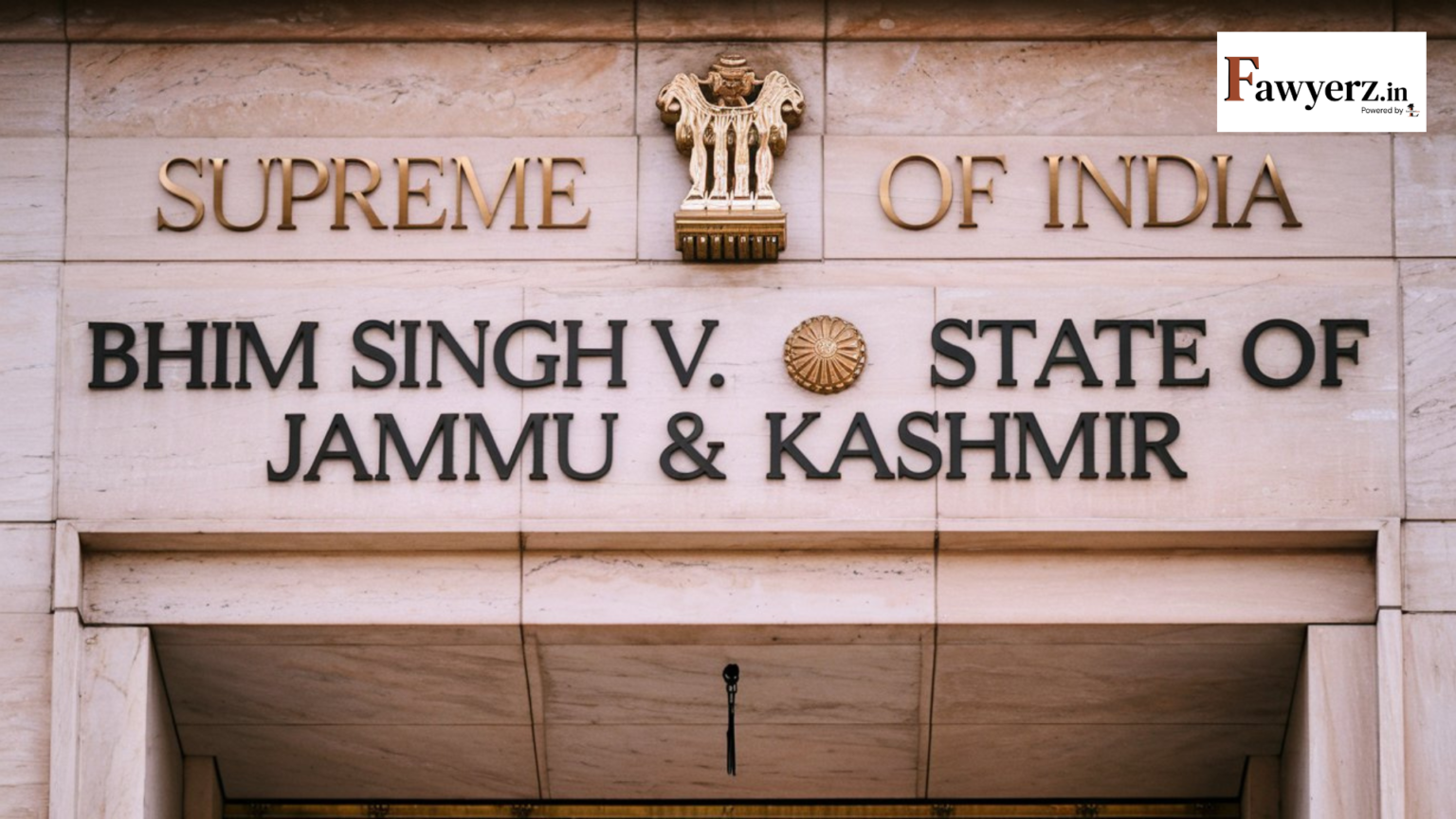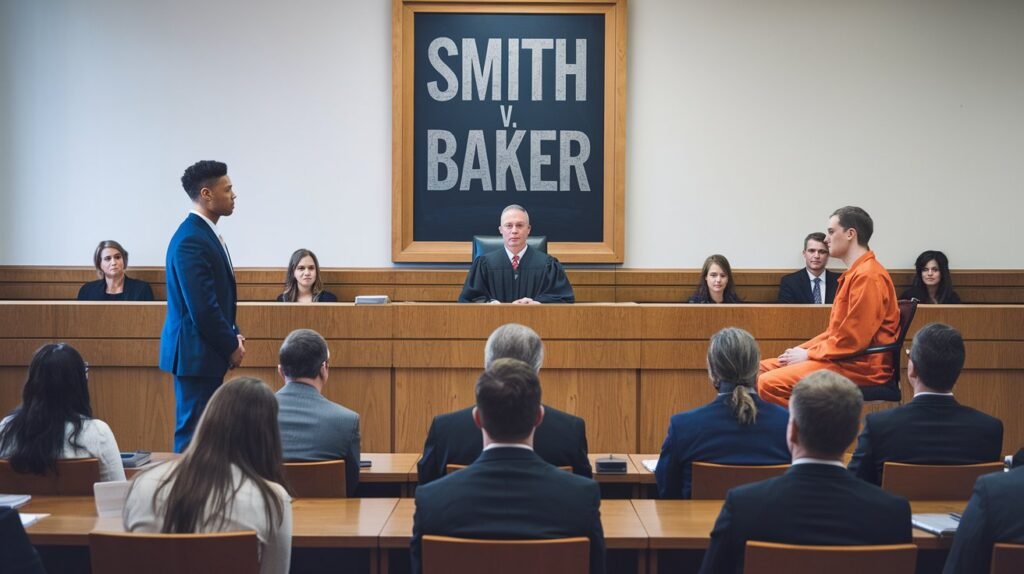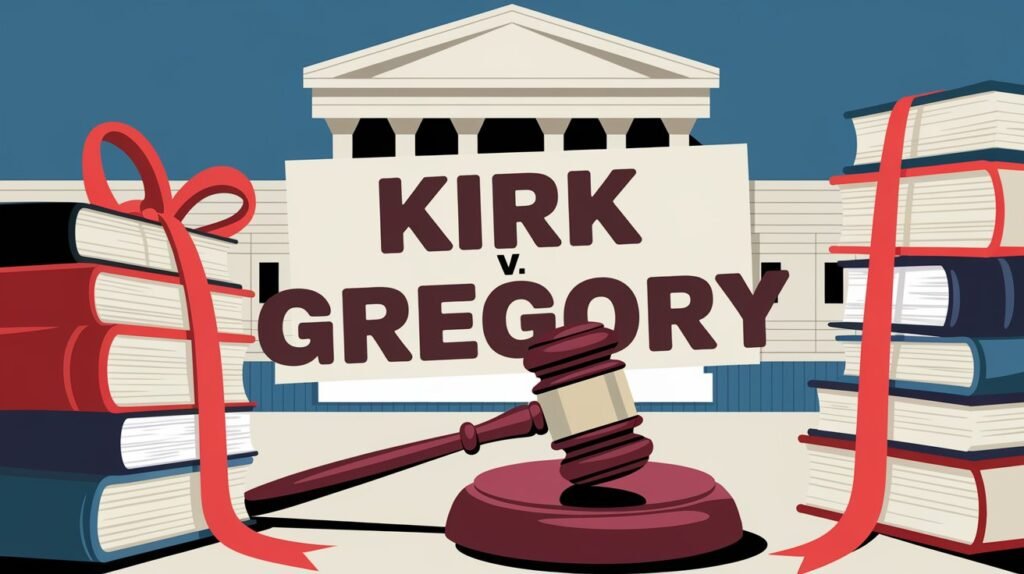Bhim Singh v. State of Jammu & Kashmir 1985 (Case Summary)

In this landmark case, the Supreme Court of India safeguarded the personal liberty of citizens under Article 21 by holding public authorities accountable for unlawful detention and setting a precedent for compensatory justice. The court condemned the misuse of State power and awarded compensation for the violation of fundamental rights.
Table of Contents
ToggleFacts of Bhim Singh v. State of J&K
- Bhim Singh, a Member of the Legislative Assembly (MLA) in Jammu & Kashmir. While traveling to attend a session of the Assembly, he was illegally arrested by the police on September 10, 1985, under Section 153A RPC and was detained overnight without being presented before a magistrate.
- The detention was carried out on September 10, 1985, without following due process, preventing Singh from exercising his right to attend the assembly session.
- He was eventually presented before a magistrate on September 13, 1985, exceeding the permissible detention period without judicial oversight.
- Due to his detention, Bhim Singh was unable to attend the legislative assembly session on September 11, 1985, thereby missing the opportunity to participate in crucial legislative proceedings.
- Bhim Singh filed a petition challenging his unlawful arrest and detention, alleging violations of his fundamental rights under Articles 21 and 22 of the Constitution.
Issues framed
- Whether the detention of Bhim Singh was arbitrary and violated his fundamental rights under Article 21 of the Constitution?
- Whether the State could be held liable for the unlawful acts of its officials?
- Whether Bhim Singh is entitled to any damages due to the injury caused?
Judgment of Bhim Singh v. State of J&K
The Supreme Court emphasized the protection of personal liberty under Article 21 of the Constitution.
The court found the detention to be unlawful, as Bhim Singh was arrested without proper documentation or adherence to procedural safeguards. The Supreme Court recognized the importance of the right to participate in legislative sessions as part of the democratic process.
The court awarded compensatory damages of Rs. 50,000/- to Bhim Singh for the violation of his fundamental rights.





